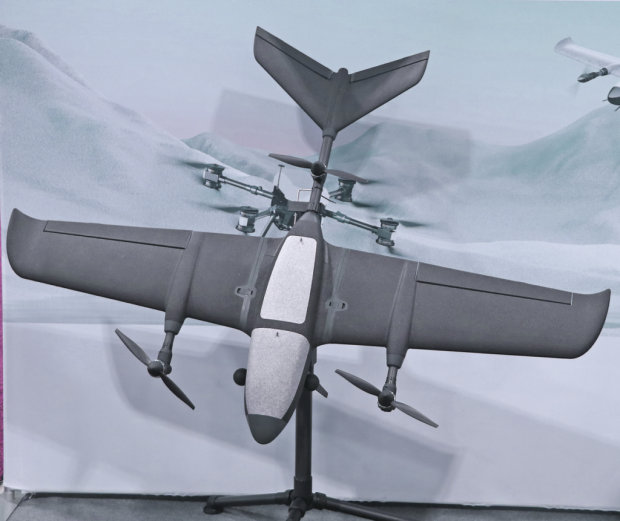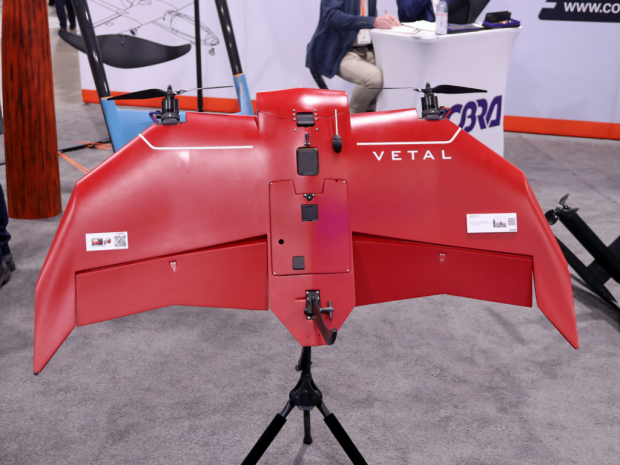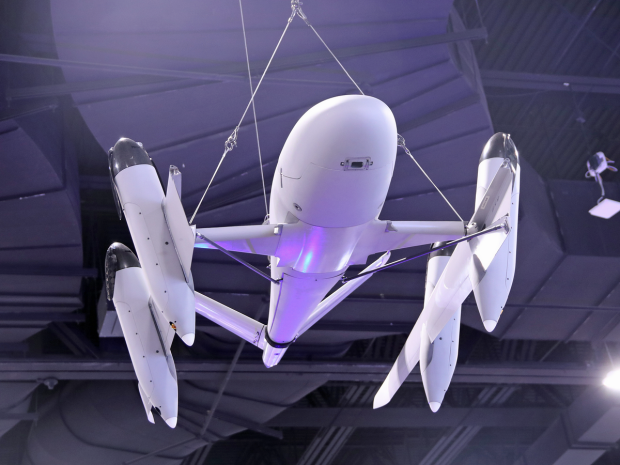RC Models are the Ancestors of Today’s Most Impressive Robots





We live at a time when robots are multiplying exponentially, amidst an explosion of nano-electronics and AI technology, and one can rightfully say that these machines are all direct descendants of RC airplanes, cars and boats. Those of us smitten with the beauty of flight, and I would wager most RC modelers are, have since a young age admired the dynamic aspects of flight—the aerobatics of a model fighter, the gentle rise of a sailplane in a thermal, the aerobatics of an indoor foam aerobat dancing on a reversible-pitch prop, and the roar of a giant scale glow or gas twin as it leaves the ground. The modelers passionately flying these diverse RC aircraft deal directly in science, technology, engineering and math (STEM) topics. Modeling demands that we assess wing loading in ounces per square foot, watts per pound for electrics, time aloft measured by fuel consumption or battery capacity, and so much more. Scratch-builders among us delight in the engineering rigidity of monocoque construction, the simple geometry of a properly aligned gusset to take advantage of grain direction, using the most advantageous grades of balsa and light ply in construction, the optimal placement of formers along a fuselage, and for the aerodynamic enthusiasts among us, choosing the best airfoil for the model aircraft’s mission at the flying field. Pulling these elements together, for many, is why modeling is so thrilling—and for many others, simply flying an ARF at the local field is the sweet spot, along with the priceless camaraderie that infuses flying clubs across the land.
Extraordinary RC airplanes were shown by a variety of firms at the AUVSI 2023 Xponential show. Over 600 firms on the leading edge of robotics technology exhibited. Held in Denver, CO, May 8 – 11, the 50th-anniversary Xponential was hosted by The Association for Uncrewed Vehicle Systems International (AUVSI) in conjunction with Messe Düsseldorf North America (MDNA). RC aircraft exhibited at Xponential 2023, the direct descendants of RC sport airplanes flown at the local flying field, are used in science research, commercial missions such as inspecting infrastructure, mapping terrain, military recon, and many other applications. These aircraft are typically flown autonomously with optional teleoperation capability. The close family relationship of RC models to the diverse robots of Xponential–air, ground and sea machines that are not simply advanced RC aircraft, is clear. Check out the gallery at https://the-nref.org/content/robots-xponential-2023, and see. The RC hobby has inspired generations of our youth to pursue careers in aviation and other STEM careers, and the explosion of robots and associated technologies will work hand-in-hand with this enduring tradition. We are grateful that the Academy of Model Aeronautics (AMA) kindly posted this article, here.
